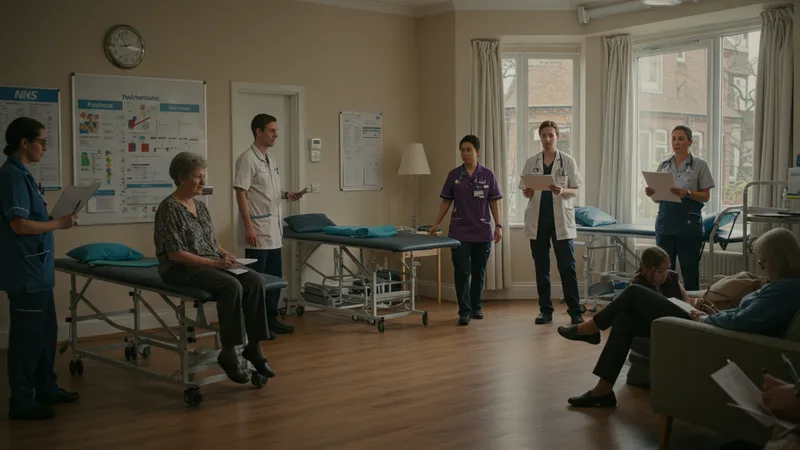
Understanding Cancer: A Complete Guide
Living With and Beyond Cancer: Ongoing Support and Emerging Research
Survivorship care has become a prominent focus in the UK, with more than 3 million people now living with or beyond cancer. NHS Cancer Services work in partnership with charities to deliver rehabilitation, physiotherapy, and regular follow-up appointments. This aftercare helps survivors manage long-term side effects and adjust back to daily routines, reflecting a growing recognition that living with cancer requires holistic, ongoing support.

Recent research funded by Cancer Research UK has led to initiatives such as personalized follow-up plans, which account for both physical and emotional needs. Many NHS trusts offer “Recovery Package” programs, which include care reviews, treatment summaries, and health and wellbeing workshops, creating smoother transitions from hospital to home. These programs illustrate how comprehensive support has become central to the UK’s approach.
Macmillan Cancer Support has invested heavily in resources for survivorship, including digital tools that connect survivors, offer practical advice, and signpost local support groups. Their involvement ensures access to peer voices, which can aid in adjusting to life post-treatment. These initiatives are especially valuable for addressing common concerns such as managing fatigue, employment rights, and relationship changes.
Looking ahead, advances such as immunotherapy, AI-assisted care models, and large-scale genomic studies will continue to reshape the landscape of cancer care in the UK. Ongoing collaboration between the NHS, research institutions, and support charities promises to expand the options and improve the quality of life for individuals affected by cancer for years to come.